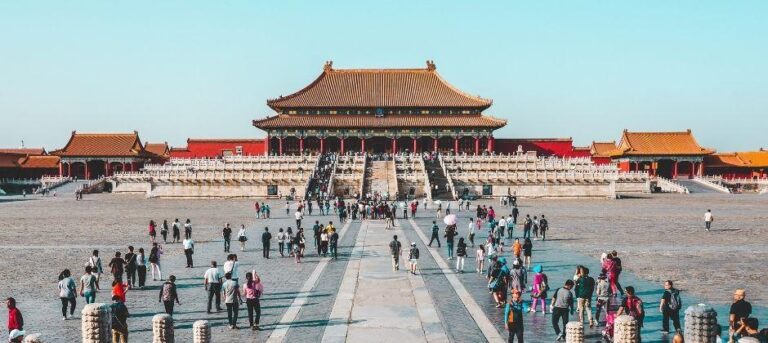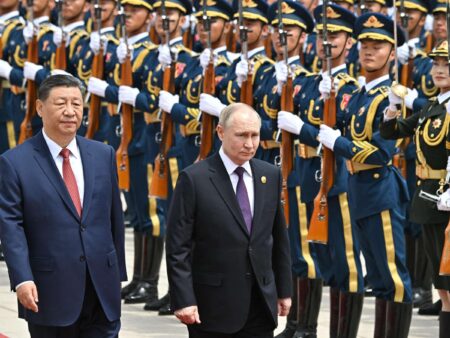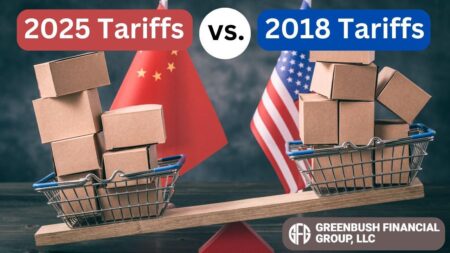China’s recent move to tighten controls on rare earth exports is reshaping the global supply landscape, underscoring Beijing’s strategic leverage in critical minerals while sparking concerns among international businesses. As the world increasingly depends on rare earth elements for high-tech industries-from electronics to renewable energy-the new restrictions highlight China’s intent to consolidate its dominance and advance national interests. However, these measures are raising alarms over potential supply chain disruptions and higher costs for companies outside China, illustrating a complex balance between geopolitical strategy and global commerce.
China’s Rare Earth Export Controls Strengthen Beijing’s Strategic Leverage
Over the past year, Beijing has tightened its grip on rare earth mineral exports, a move that significantly enhances its geopolitical influence. By controlling approximately 60% of the global supply, China is leveraging its dominance to influence international markets and pressure rival economies. These restrictions have caused supply chain disruptions worldwide, particularly affecting industries reliant on rare earths for manufacturing advanced technologies such as electric vehicles, consumer electronics, and defense systems. The ripple effects are already evident, with inflationary pressures rising due to scarcity and increased sourcing costs outside China.
Businesses facing these export constraints are forced to navigate a challenging landscape marked by:
- Increased operational costs due to scarcity and tariffs
- Supply chain recalibration as firms seek alternative suppliers
- Delays in production impacting product rollout timelines
- Heightened geopolitical tensions altering trade agreements and partnerships
| Impact Area | Business Challenge | Beijing’s Advantage |
|---|---|---|
| Automotive Industry | Rising battery material costs | Control over electric vehicle components |
| Consumer Electronics | Manufacturing delays | Ability to dictate supply terms |
| Defense Sector | Strategic vulnerability | Enhanced leverage in global security dialogues |
Global Supply Chains Face Disruption Amid Tightened Export Restrictions
China’s recent tightening of export controls on rare earth elements has significantly rattled global manufacturing sectors. These materials, essential for high-tech industries such as electronics, renewable energy, and defense, are crucial components that cannot be easily substituted or sourced elsewhere at scale. The restrictions have resulted in longer lead times, escalating costs, and increased uncertainty for businesses worldwide, forcing many to reconsider their supply chain dependencies and risk management strategies.
Key impacts on industries include:
- Increased production costs due to scarcity of raw materials.
- Delays in product launches and innovation cycles.
- Heightened geopolitical tensions influencing sourcing decisions.
| Sector | Dependency on Chinese Rare Earths | Short-Term Risk Level | ||||||||
|---|---|---|---|---|---|---|---|---|---|---|
| Consumer Electronics | High (80%) | Critical | ||||||||
| Automotive (EVs) | Moderate (60%) | Elevated | ||||||||
| Renewable Energy | Moderate (55%) | Industry Experts Urge Diversification and Increased Domestic Production to Mitigate Risks Amid rising geopolitical tensions, key voices from the industry emphasize the urgent need to reduce reliance on limited foreign suppliers by broadening sourcing strategies and boosting domestic manufacturing capabilities. Experts warn that overdependence on China for rare earth elements-vital for everything from electronics to defense-poses significant risks to global supply chain stability. They advocate for a multi-pronged approach that includes investing in alternative mining projects, developing recycling technologies, and fostering international partnerships to secure a more resilient supply network. In outlining these strategic shifts, analysts have highlighted several critical focus areas:
Concluding RemarksAs China tightens its grip on rare earth exports, the move solidifies Beijing’s strategic leverage in global supply chains but raises alarm bells across industries dependent on these critical materials. While the controls may serve China’s geopolitical ambitions and economic interests, companies worldwide face mounting costs and supply uncertainties. The evolving landscape underscores the delicate balance between national security priorities and the imperatives of international commerce, highlighting the challenges ahead for businesses navigating an increasingly fragmented global market. | . . .




